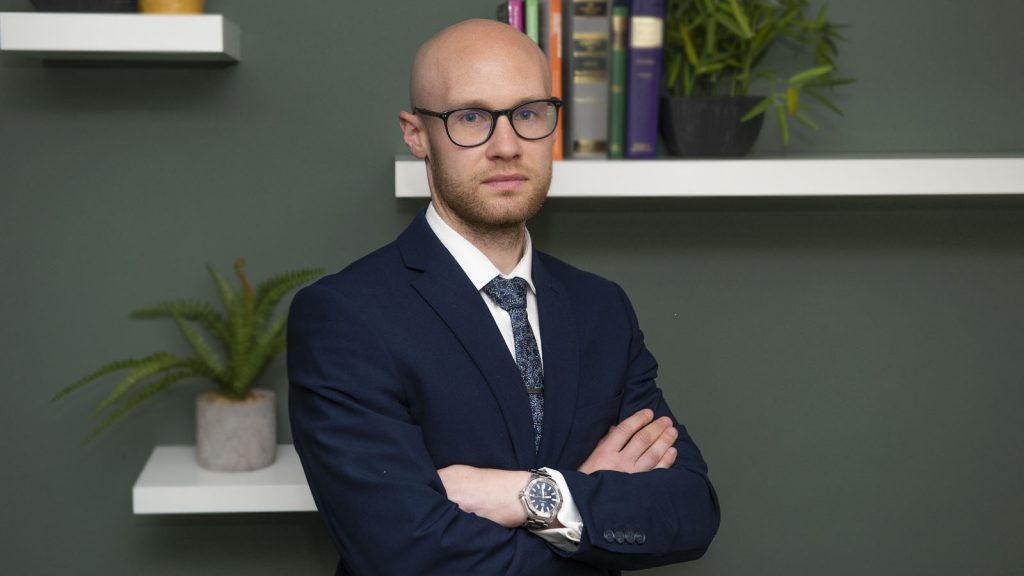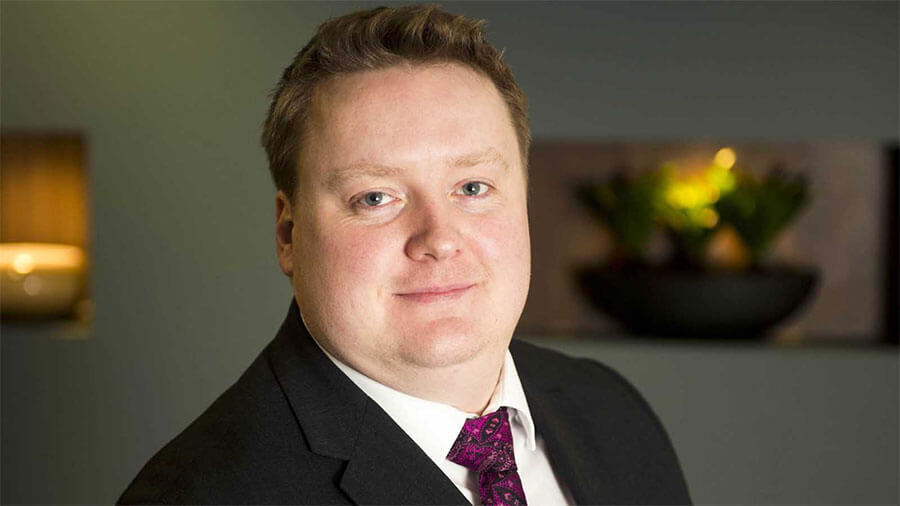We work with the full range of stakeholders involved in the insolvency process before, during and after formal insolvency. Where appropriate we try to avoid a formal insolvency process through restructuring, informal settlement and corporate finance. This includes liaising closely with banks, other institutional lenders, private equity and venture capital firms, angel and crowd funders, major suppliers, HMRC and landlords.
Our clients include insolvency practitioners, funders, creditors, debtors and those looking to purchase assets from an insolvent company or individual. In the case of corporate insolvency, we often advise directors in respect of their fiduciary duties and the risk of personal liability arising out of a company or LLP insolvency. In the case of personal insolvency, we help individuals subject to the insolvency process or those owed money by insolvent individuals including spouses in the context of divorce proceedings.
Our insolvency team is drawn from a variety of different service areas within the firm including litigation and dispute resolution, corporate and commercial, debt recovery, property and family.
Is Your Business In Financial Difficulty?
If your business is in financial difficulty, you need sensible commercial and legal advice quickly. Our lawyers are known for their innovative solutions to legal problems and are able to work to tight timescales.
If a business is capable of rescue, our lawyers provide guidance on the technical and procedural aspects of the Insolvency Act and Insolvency Rules 1986. Any rescue plan must comply with insolvency law at the same time as guarding directors against personal liability.
Where it is in our client’s best interests, we make introductions to specialist insolvency practitioners who can be appointed as office holders under insolvency law.
They use one of the following forms of insolvency process to rescue the company:
- administration
- receivership
- company or individual voluntary arrangements (CVAs or IVAs)
- informal arrangement
- schemes of arrangement
Where it is not possible to rescue the business, we advise on the orderly winding up of the business’ affairs. Again, in appropriate cases we make introductions to specialist insolvency practitioners.
Winding up a business’ affairs can include:
- creditor’s voluntary liquidation
- member’s voluntary liquidation (where the business is solvent on a balance sheet basis)
- compulsory liquidation
- bankruptcy (in the case of sole traders or partnerships)
Our lawyers also regularly advise insolvency practitioners on all technical aspects of the insolvency process such as the appropriate form of appointment, the order of priority of creditors and procedural applications to the court.
We also offer advice to directors of insolvent businesses. It is key for directors to seek advice at an early stage where they believe, or have reason to believe that the business is insolvent. Early advice will minimise the risk of a director receiving a claim made against them by an insolvency practitioner on a personal basis.
Are You A Creditor of A Business That Is Insolvent?
We also advise all forms of creditors that are owed monies by insolvent businesses.
Creditors of insolvent businesses often require urgent and succinct advice in various scenarios, which can include advice surrounding:
- receipt of a company or individual voluntary arrangement
- Notification of administration
- Liaising with administrators/liquidator
- Preparing proofs of debt
- Claiming retention of title or proprietary interests
- Removal and replacement of administrators/liquidators
When a business or individual that owes you money becomes insolvent all is not necessarily lost. Creditors can claim a share of the insolvent estate by lodging a proof of debt form and can also influence the outcome of the insolvency by either attending or voting by proxy at creditor’s meetings convened by the official receiver or an insolvency practitioner.
All too often creditors misunderstand the insolvency process or are ambivalent about what happens after the event itself. Our lawyers work with creditors to ensure that their claim in the insolvent estate is maximised and that they exert influence over the way in which the insolvency process is managed to increase the overall dividend they receive.
Where appropriate we can assist in the transfer of an insolvent estate to another insolvency practitioner who will investigate the business’s accounts and the conduct of its directors. This regularly leads to the discovery of further assets in the form of claims against directors and third parties which increases the overall fund available for distribution to creditors.
If you are a creditor of an insolvent business, it is vital to seek advice from an early stage in order to enforce any rights that you have.
Court Proceedings Arising Out Of Insolvent Businesses
A business failure or bankruptcy often leads to disputes as creditors, office holders and other third parties disagree over the ownership of assets. Office holders’ (usually insolvency practitioners) are required under the Statement of Insolvency Practice 2 to investigate the circumstances leading to the insolvency which can result in claims against third parties under the Insolvency Act 1986.
We also work with both insolvency practitioners and directors/third parties in pursuing and defending claims brought under the Insolvency Act 1986. These claims generally involve detailed analysis of accounting information as well as a complex factual matrix.
These claims include:
- transactions at an undervalue
- preferences including the repayment of director’s loan accounts
- the recovery of overdrawn director’s loan accounts
- the recovery of company property including book debts
- claims arising out of wrongful and fraudulent trading
- claims for misfeasance and breach of fiduciary duty
Our experience of acting for both sides in such disputes enables us to resolve disputes promptly or, if negotiation is not possible, pursue the matter vigorously and thoroughly to trial or final hearing.
Where litigation arises out of an insolvent business, there is normally an added layer of complexity. Witnesses may not be willing or readily contactable and there may not be the documentation required to support the claim. Our team of lawyers work closely with clients to gather evidence, if necessary by using powers under the Insolvency Act 1986 in order to interview witnesses or recover documents.
Insolvency Litigation Funding Panel
We have also launched our litigation funding panel having appointed Therium Capital Management Ltd, Sparkle Capital Ltd and Ferguson Litigation Funding Ltd following an extensive procurement exercise.
When acting for Insolvency Practitioners we are able to discuss funding through our panel. The funding available provides the right platform to allow the case to progress whilst maximising the funds that will be available to be distributed amongst creditors.
Directors Disqualification Proceedings
We also regularly help clients with both issuing and defending applications under the Company Directors Disqualification Act 1996.







